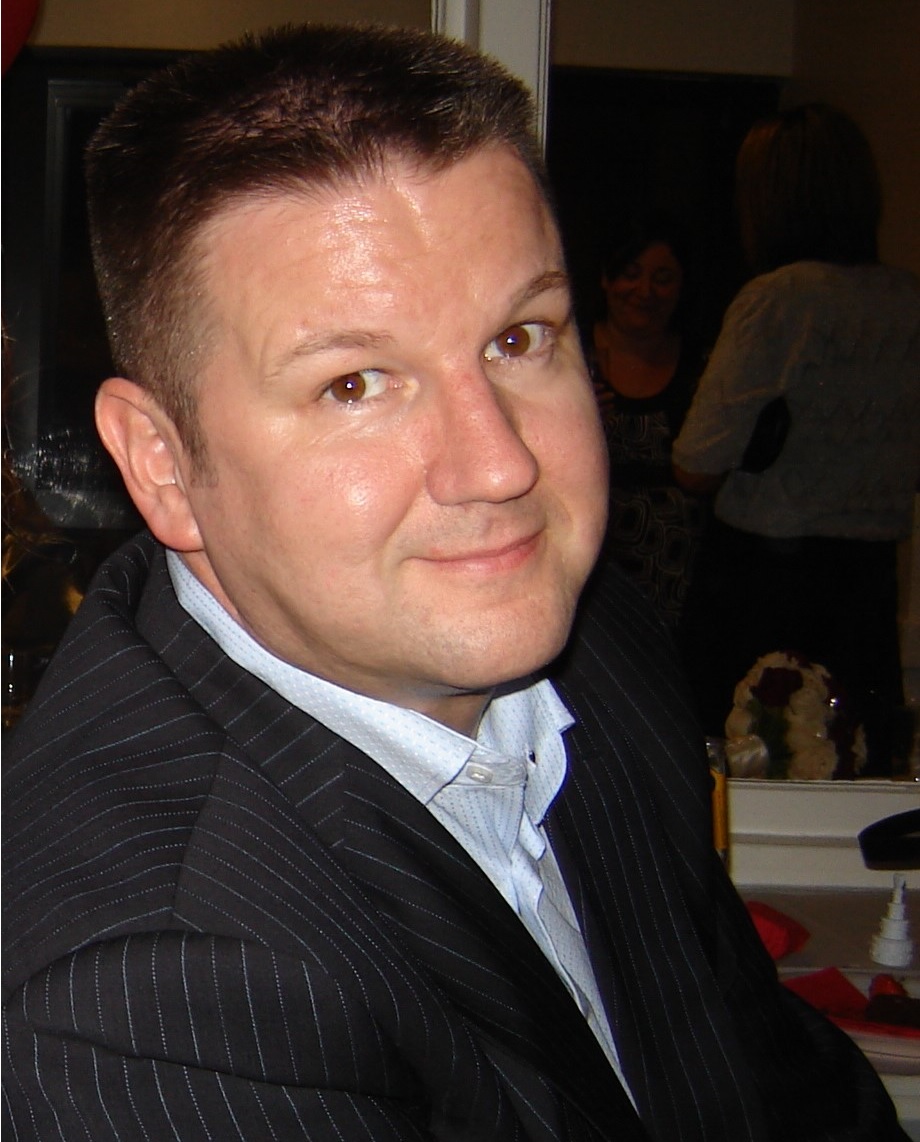
March 24, 2023, by brzam5
Rehabilitation Matters: Great rehabilitation encompasses the physical, emotional and psychological
Rehabilitation Matters is a series of stories and perspectives from people who care about effective clinical rehabilitation and the benefits it provides. Rick Harrington, National Rehabilitation Centre Engagement Coordinator at the University of Nottingham, explains why great rehabilitation comes from having an holistic approach.
I joined the University of Nottingham just a few months ago, taking on the role of Engagement Co-ordinator to support the University’s involvement in developing the National Rehabilitation Centre (NRC), and already I can tell the NRC is going to be a pretty special place.
My background is in psychotherapy and trauma. I spent more than 10 years in the Armed Forces so I’ve seen many people go through rehabilitation journeys with varying success levels. The main thing I’ve learned from these experiences is that the emotional and psychological toll of a serious injury or illness can often be as challenging – if not more so – than the physical trauma.
Holistic approach to rehabilitation
That’s why having a holistic approach to a patient’s rehabilitation programme with a clear interaction between physical, emotional and psychological aspects is crucial to positive outcomes. The NRC and its academic partners – led by the University of Nottingham and Loughborough University – will focus on innovation in rehabilitation, including through technology, but it’s the programme’s commitment to incorporating psychological and emotional therapy that excites me the most.
Rehabilitation is not an easy thing to get right and there’s no ‘one size fits all’ approach. Each patient’s programme must be relevant and rightsized for them as an individual. You can’t see psychological trauma like you can physical, so it’s vital that healthcare professionals put time and effort into building strong relationships with patients. Rehabilitation has to be a partnership between patient and healthcare professional – done with you, not to you.
For instance, through the charity I set up, Forces in the Community, we support ex-service personnel and their families to improve their circumstances and future prospects. I’ve seen many people who have had excellent physical care and have bounced back into work, only to experience long-term psychological problems which they have struggled to overcome and which have continued to impact their lives for years.
Patients at the centre
A patient-centred, holistic approach is embedded in the NRC’s ethos. Patients at the NRC will work with a range of specialist professionals from disciplines including physiotherapy, orthopaedics and dietetics to occupational therapy, psychology and social work. NHS clinical teams will work with patients and their carers to assess, treat and manage conditions, setting individual rehabilitation goals to help patients achieve their maximum potential for physical, cognitive, social and psychological function and quality of life.
This is what a holistic, interdisciplinary approach looks like and I’m very much looking forward to playing my part in making it happen.
The NRC will be leading the way in rehabilitation – that’s exciting and potentially game-changing. But I hope we see a situation in years to come when this is not just best practice, but common practice.
Rick Harrington, NRC Engagement Coordinator at the University of Nottingham.
No comments yet, fill out a comment to be the first

Leave a Reply